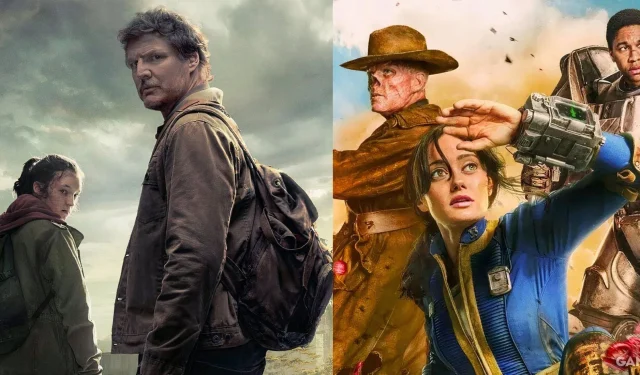
Essential Insights on TV Adaptations of Video Games
- Diverging Storytelling Approaches: While The Last of Us aims to faithfully adapt its game’s narrative, Fallout introduces a brand-new storyline.
- Expanding Narrative Horizons: The Last of Us Season 2 could enhance its storytelling by exploring new themes, similar to the approach taken by Fallout.
- Mastering Game Elements: Fallout successfully integrates “video gamey”elements into its plot without alienating viewers unfamiliar with the franchise.
In the realm of post-apocalyptic storytelling, The Last of Us (TLOU) and Fallout share common threads, such as undead creatures and poignant narratives centered around family bonds. However, their television adaptations approach these themes from distinct angles. Each series showcases unique storytelling methodologies that reflect their source material’s essence while appealing to broad audiences.
As both shows have received acclaim for their inaugural seasons, The Last of Us could benefit from the creative lessons showcased in Fallout. Examining their contrasting narrative methods reveals valuable insights for future adaptations.
The Strategic Choice of a New Narrative in Fallout
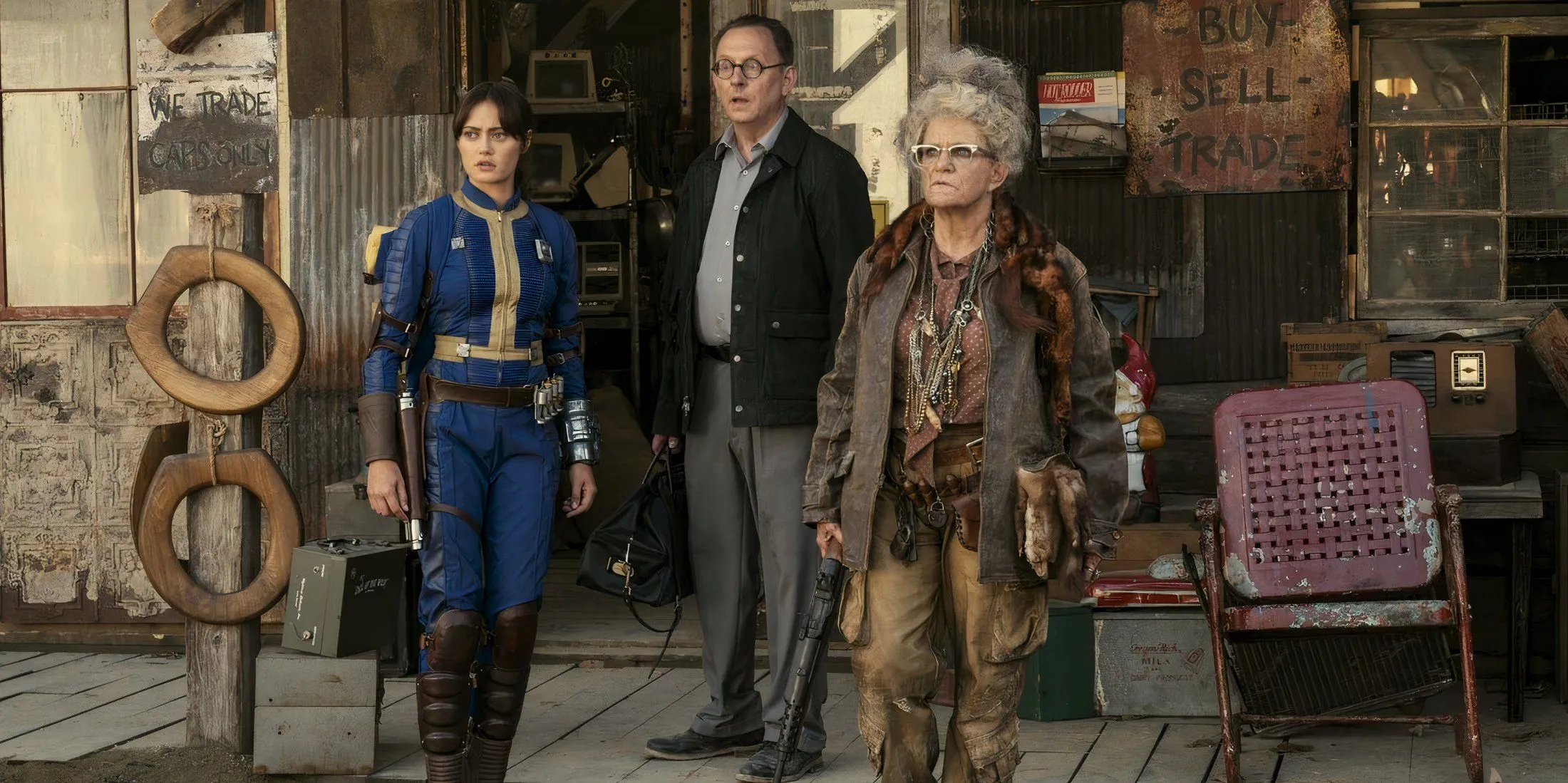
Historically, video game adaptations in film and television have been considered risky endeavors. They often fell short of capturing the interest of mainstream viewers while simultaneously failing to resonate with gaming enthusiasts. However, the industry has increasingly embraced these adaptations, leading to a spate of successful projects that blend blockbuster appeal with worthy storytelling. But what constitutes the quintessential video game adaptation?
Comparing The Last of Us and Fallout offers contrasting perspectives on this dilemma. HBO’s adaptation closely follows the narrative of the original game, whereas Prime Video’s Fallout opts for an entirely original storyline enriched by familiar thematic tones. As the first season of The Last of Us lays a solid foundation, its upcoming second season would greatly benefit from venturing beyond mere retellings, exploring new character arcs and situations reminiscent of the game series TLOU: Part II.
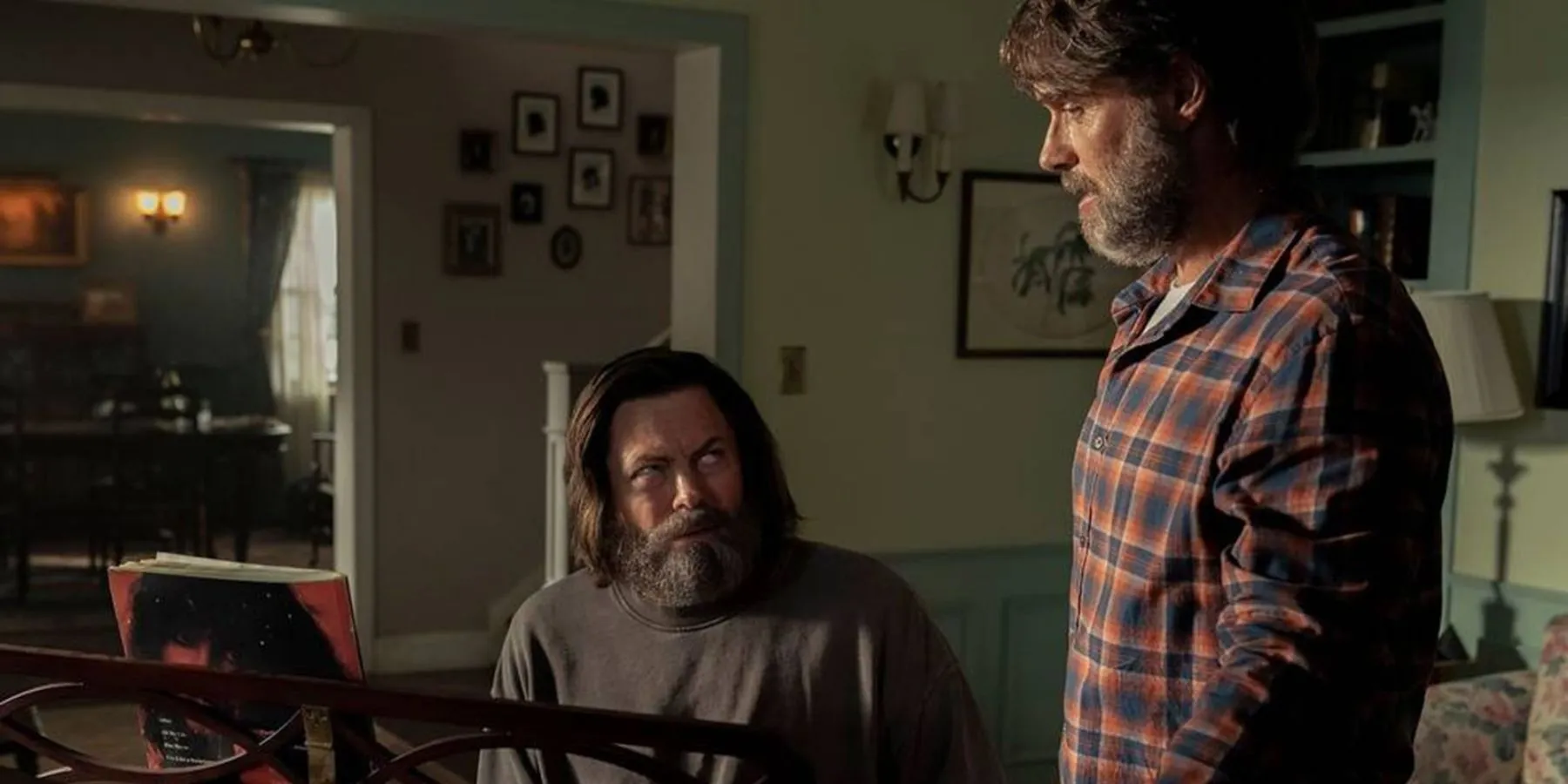
A standout moment in the first season of TLOU is the episode “Long, Long Time,”which focuses on the characters Bill and Frank. This particular episode not only showcases exceptional writing and performances but also expands the narrative beyond the game’s limited portrayal of Bill. By uncovering new storytelling pathways while maintaining thematic continuity, the series can broaden its universe and enrich the overall franchise experience.
Unlike adaptations of books, which rely on viewers’ interpretations, video games come pre-loaded with established visuals and atmospheres. This precondition raises the question of narrative closure. If a show revisits a familiar storytelling framework, should it stick to a known conclusion? Todd Howard’s insights into Fallout emphasize that revisiting the narrative of specific games may not offer audiences new experiences, as the stories have already been succinctly told.
While The Last of Us continues to enchant its audience with rich storytelling, there’s potential for further innovation if Season 2 breaks away from its largely repetitive narrative structure. Early clues, including the introduction of a mysterious character played by Catherine O’Hara, suggest that unexpected twists may alter the predicted trajectory of the show.
Effective Adaptation of “Video Gamey”Elements in Fallout
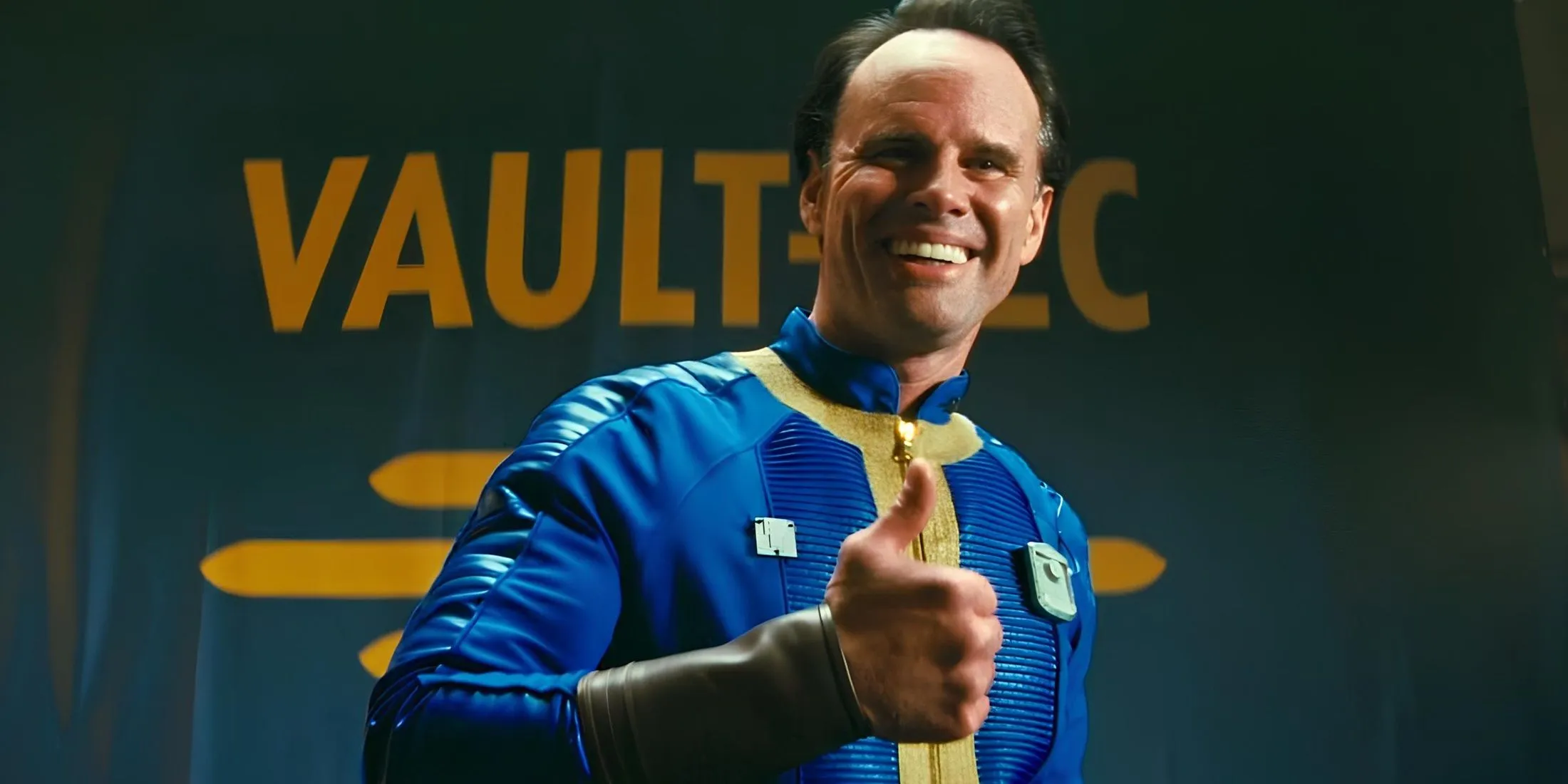
How does a television series authentically capture the essence of being immersed in a game like The Last of Us? The tension of managing scarce resources, choosing between crafting a weapon or healing, and locating critical items can be challenging to illustrate. In the first season of HBO’s The Last of Us, many of these gaming elements were understated or missing altogether.
Conversely, Fallout embraces its gaming roots by explicitly showcasing classic video game mechanics—whether it’s spontaneously choosing sides in conflicts or delighting in the chaos of side quests. The dialogue humorously captures these experiences, reinforcing the nostalgic charm for gamers.
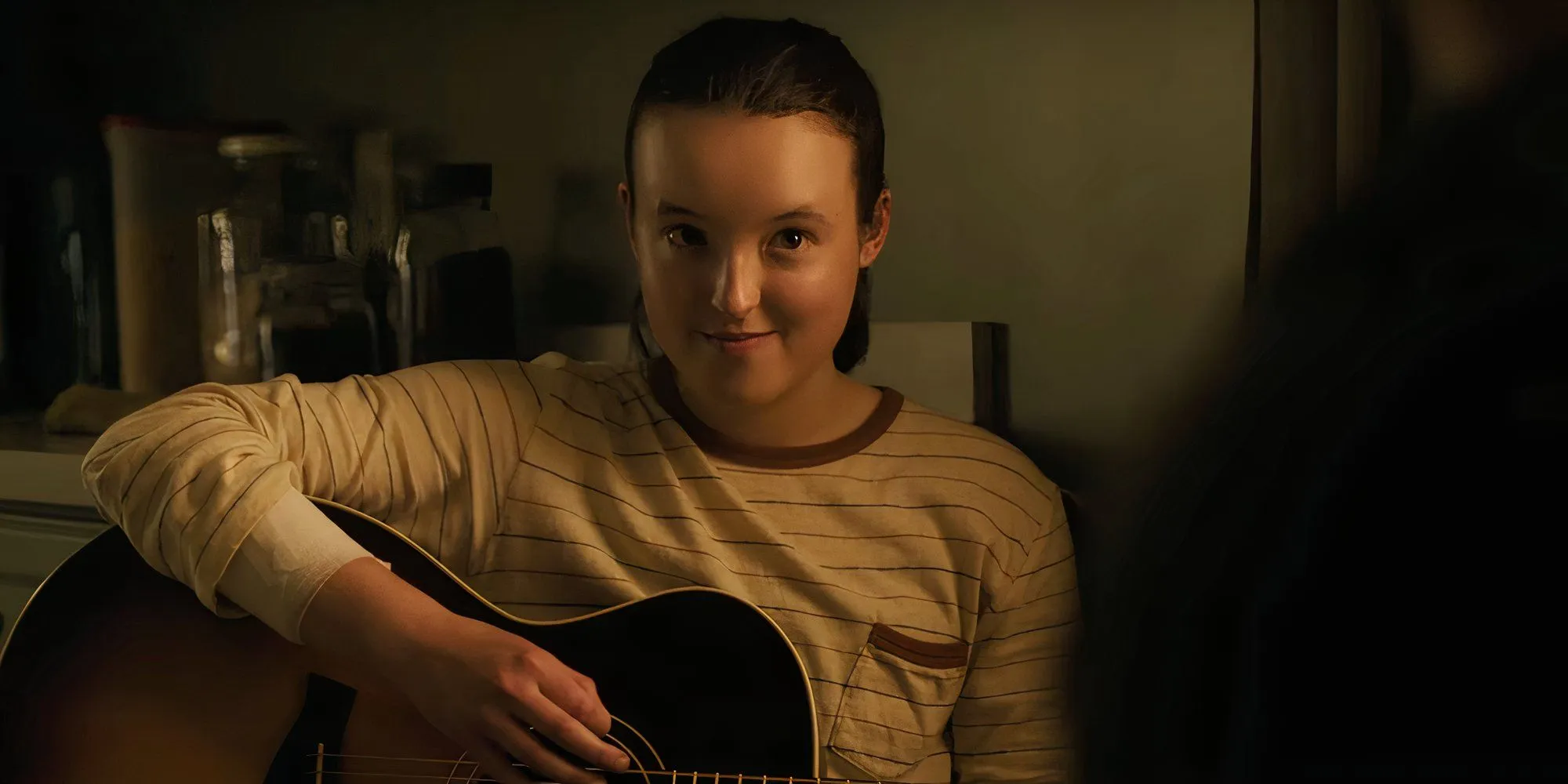
Importantly, Fallout successfully integrates these gameplay elements into a narrative rich with emotion and character depth, ensuring the show remains accessible for non-gamers. This accomplishment underscores the skill involved in interweaving various storytelling methods within adaptations. While The Last of Us resonates as a premium show of 2023, it notably lacks many “video gamey”nuances present in Fallout, which may emerge as one of 2024’s most acclaimed series.
As it stands, Fallout has set a new standard for how video game adaptations can succeed, and as The Last of Us prepares for Season 2, there lies a significant opportunity to elevate its narrative further. Regardless of the paths both shows choose, fans can certainly look forward to thrilling adventures in the intersection of video games and television storytelling.




Leave a Reply